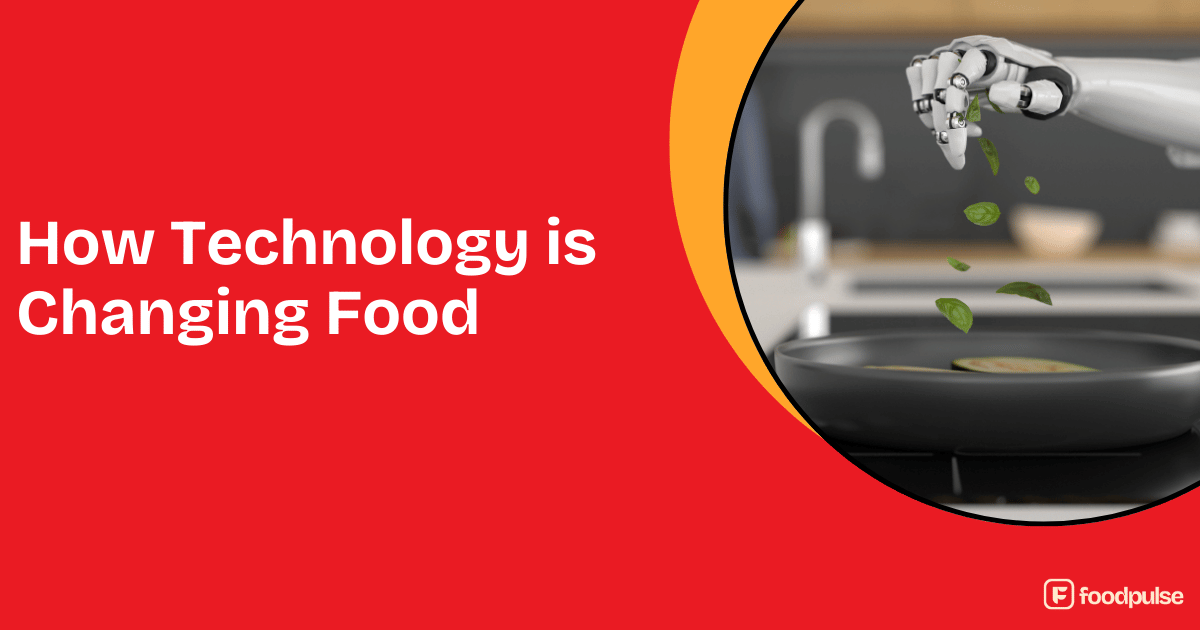Artificial intelligence is revolutionizing nearly every industry, and the culinary world is no exception. From AI-driven recipe development to robotic chefs, technology is reshaping how food is prepared, served, and consumed. While some purists argue that AI lacks the artistry of human chefs, its efficiency, consistency, and ability to analyze data make it a game-changer for restaurants and home kitchens alike. This article explores the fascinating ways AI is transforming the food industry.
1. AI-Powered Smart Kitchens
Modern kitchens are getting smarter, with AI-powered appliances assisting in meal preparation. Voice-controlled ovens, intelligent refrigerators that suggest recipes based on available ingredients, and robotic arms that cook restaurant-quality meals are becoming more common. These innovations not only enhance efficiency but also minimize food waste.
2. Personalized Meal Planning & Nutrition
AI-powered apps are offering personalized meal plans based on dietary needs, fitness goals, and even DNA analysis. These smart meal planners take into account food allergies, calorie requirements, and taste preferences to curate tailor-made diets. The rise of AI nutritionists is helping individuals make healthier food choices with minimal effort.
3. Automated Food Delivery & Drone Technology
Food delivery services are embracing AI to optimize routes, predict peak demand, and even automate deliveries using drones and autonomous robots. Major companies are already testing drone-based pizza delivery and robotic food couriers that reduce human interaction while ensuring timely service.
4. AI in Food Safety & Quality Control
Ensuring food safety is one of the most critical applications of AI. Smart sensors can detect contaminants, track expiration dates, and analyze supply chains to prevent foodborne illnesses. AI algorithms are also being used in food processing plants to identify defects and maintain high-quality standards.
5. AI-Generated Recipes & Virtual Chefs
AI is not just assisting in cooking—it’s also creating new recipes. Platforms like IBM’s Watson and Google’s AI-driven chefs analyze millions of recipes and ingredient pairings to generate unique, innovative dishes. While these AI-generated recipes push culinary boundaries, they also challenge traditional cooking methods.
6. Enhancing Customer Experiences in Restaurants
Restaurants are leveraging AI-powered chatbots, virtual assistants, and predictive ordering systems to enhance customer experiences. AI can remember past orders, suggest dishes based on preferences, and even customize menu items for returning guests. This level of personalization is redefining the dining industry.
Artificial intelligence is no longer a futuristic concept in the culinary world—it’s here, and it’s transforming the way we cook, eat, and experience food. From automated kitchens to AI-curated recipes, technology is pushing the boundaries of gastronomy. While traditional cooking will always have its place, AI’s role in food innovation is undeniable.














Leave a Reply